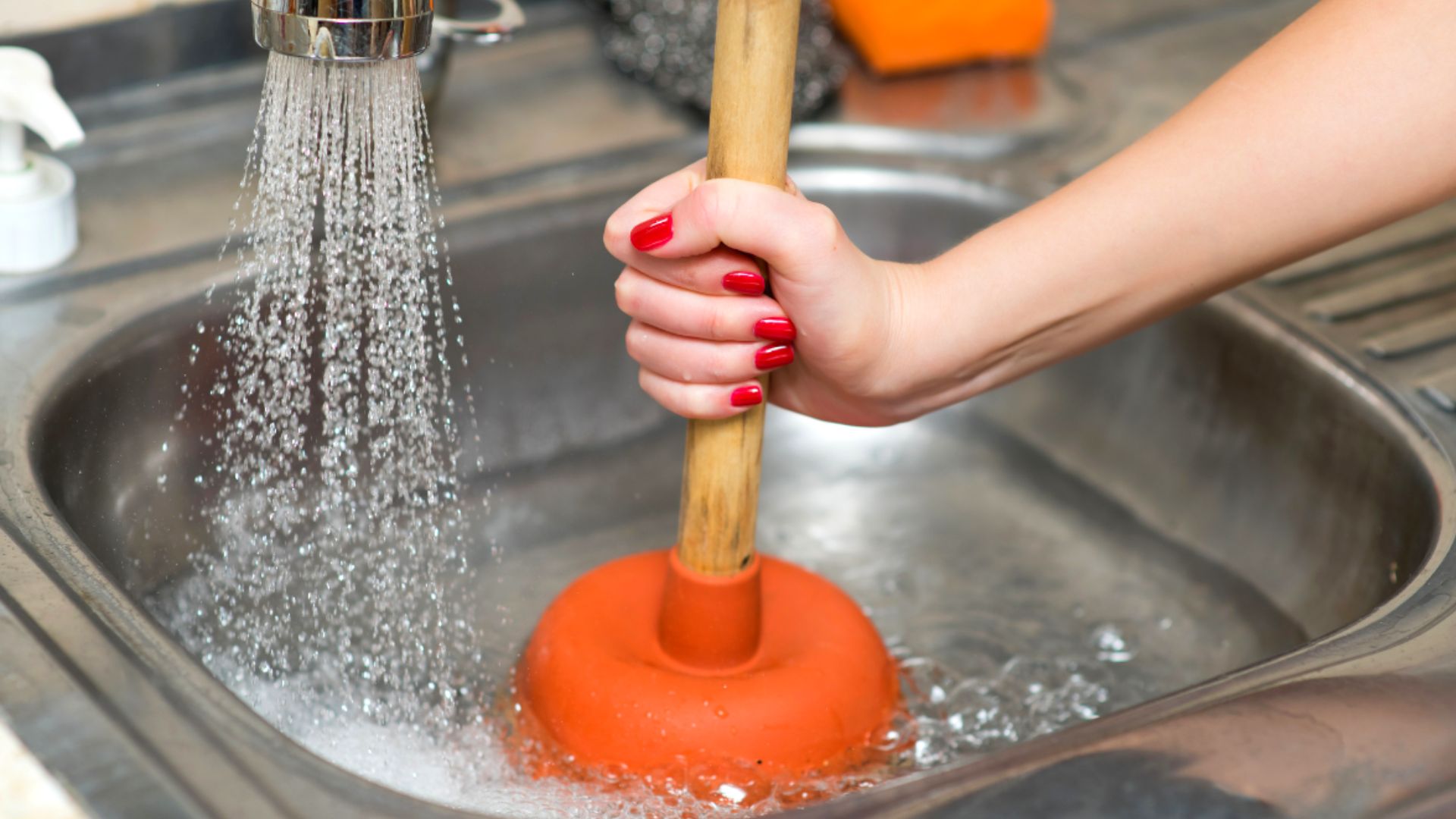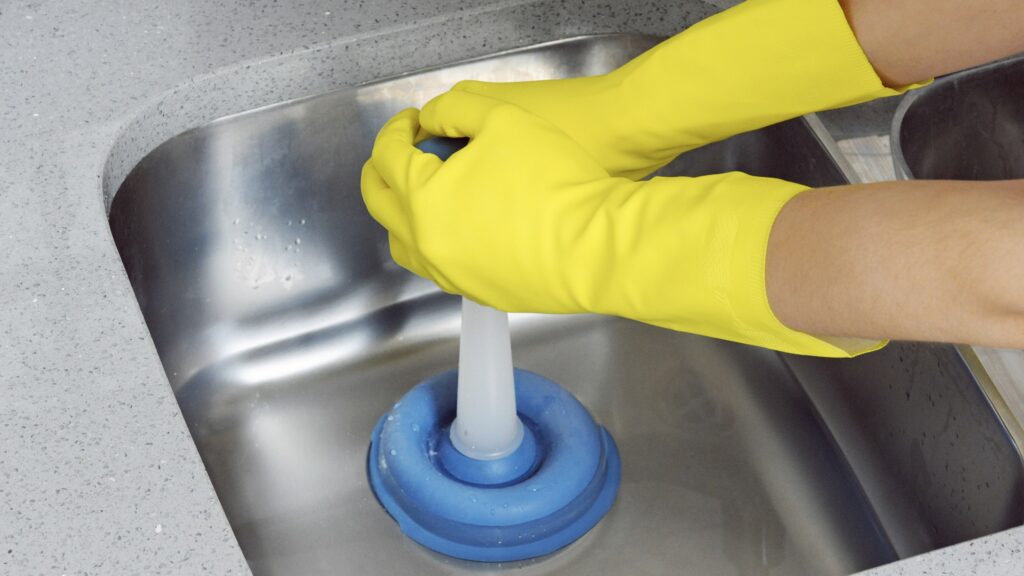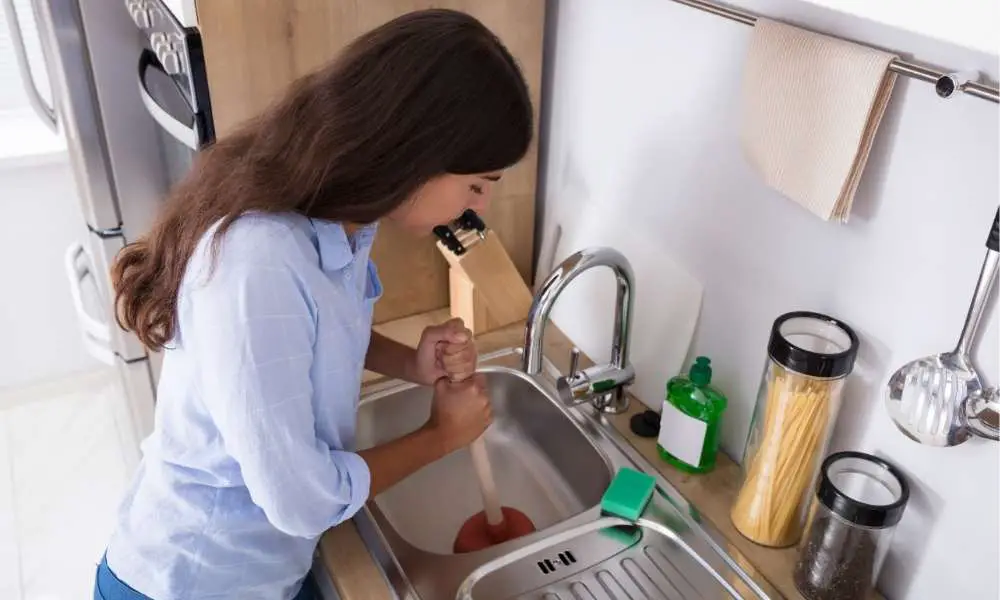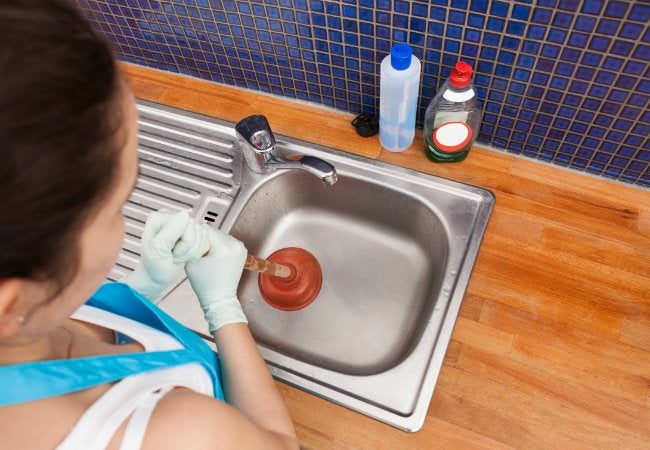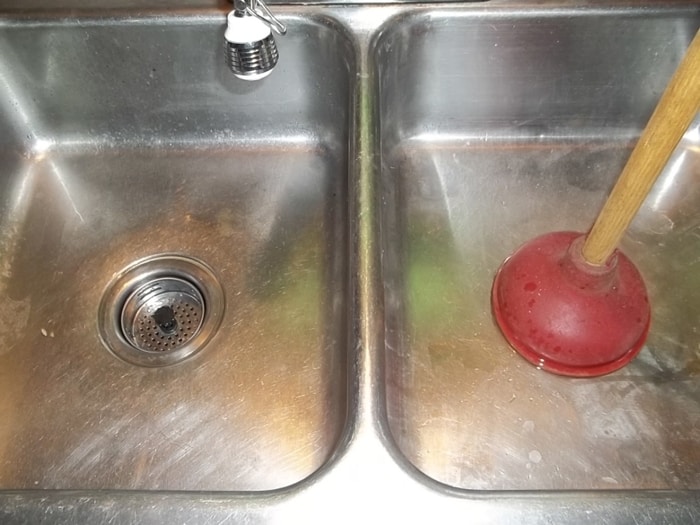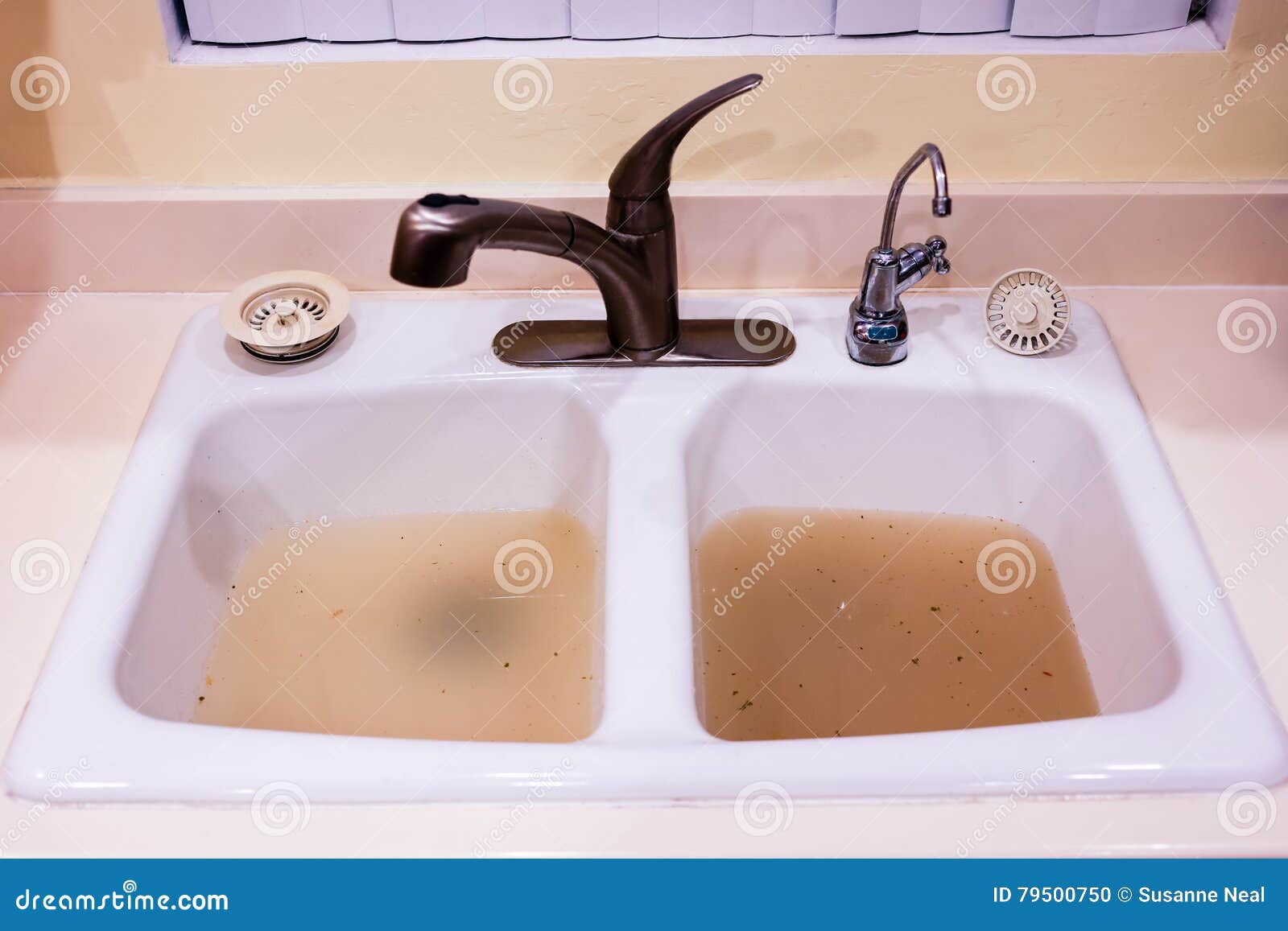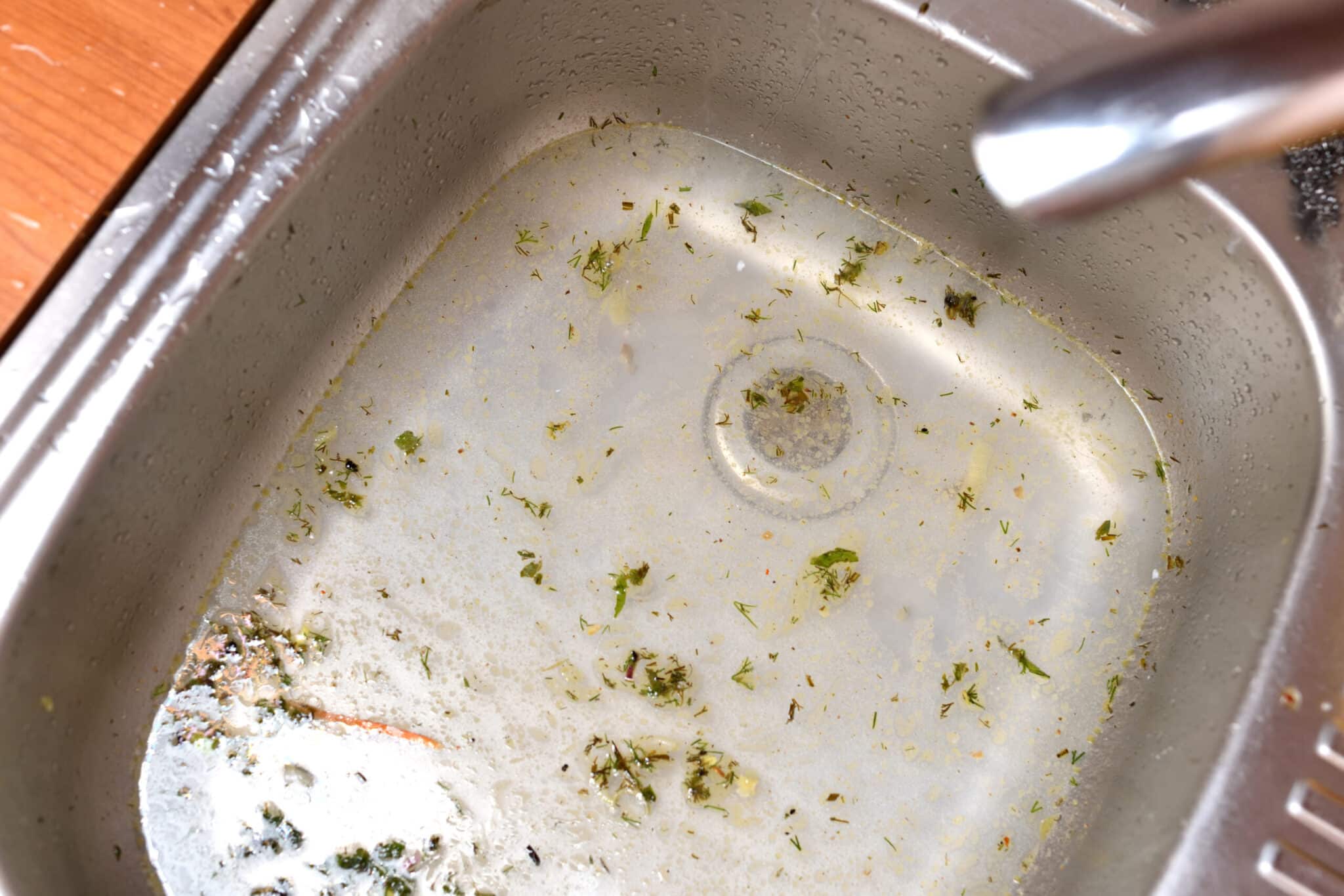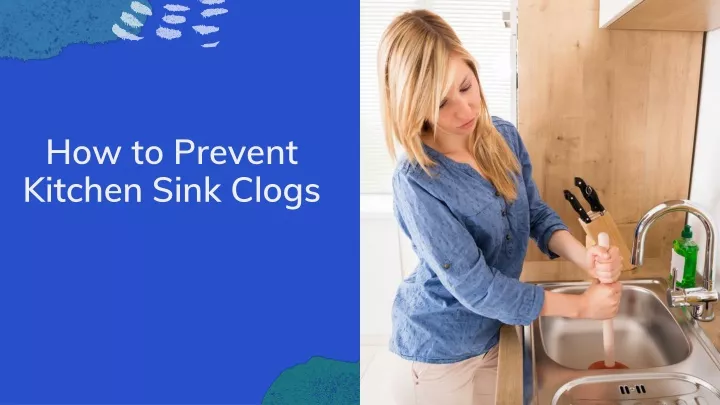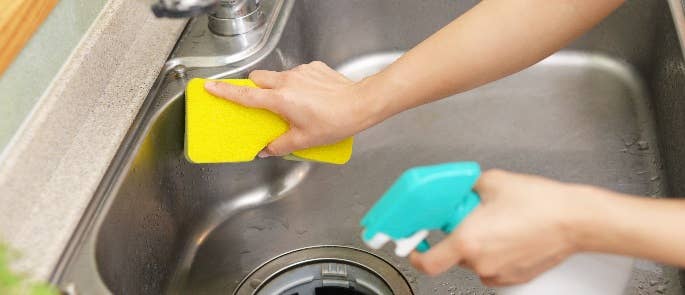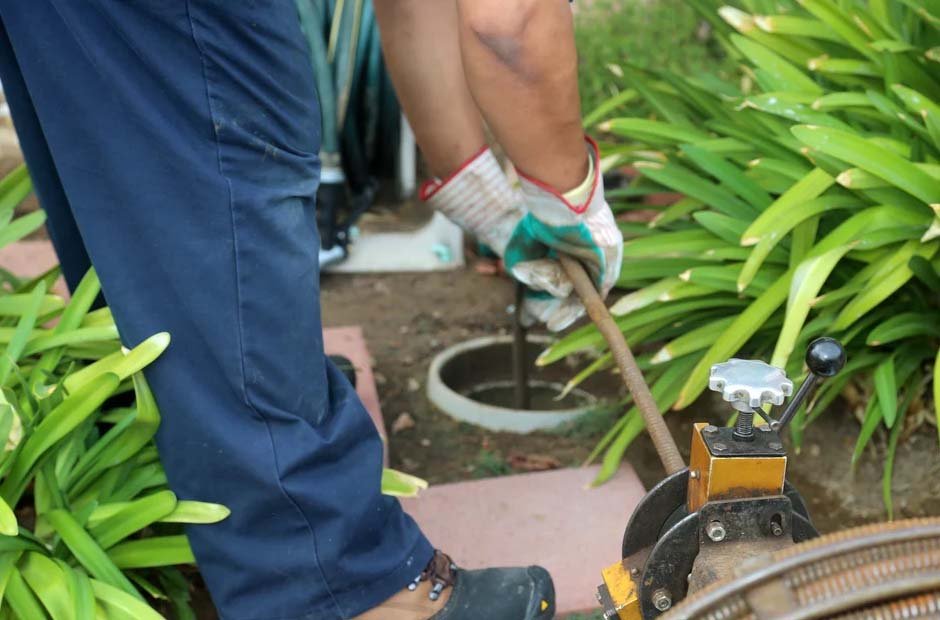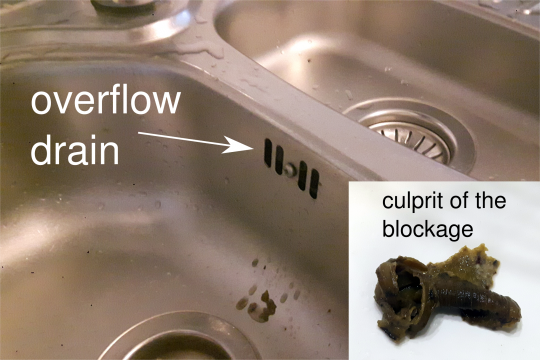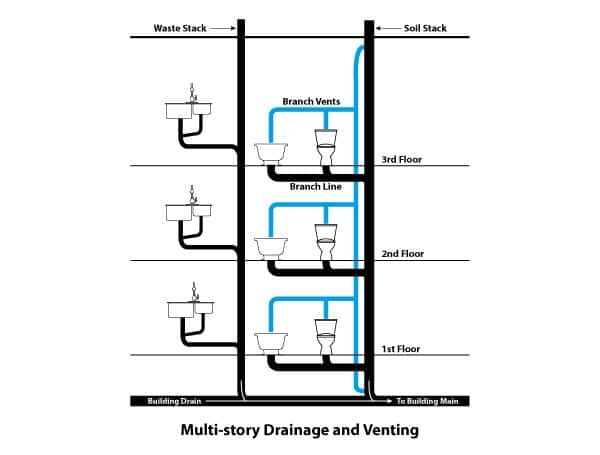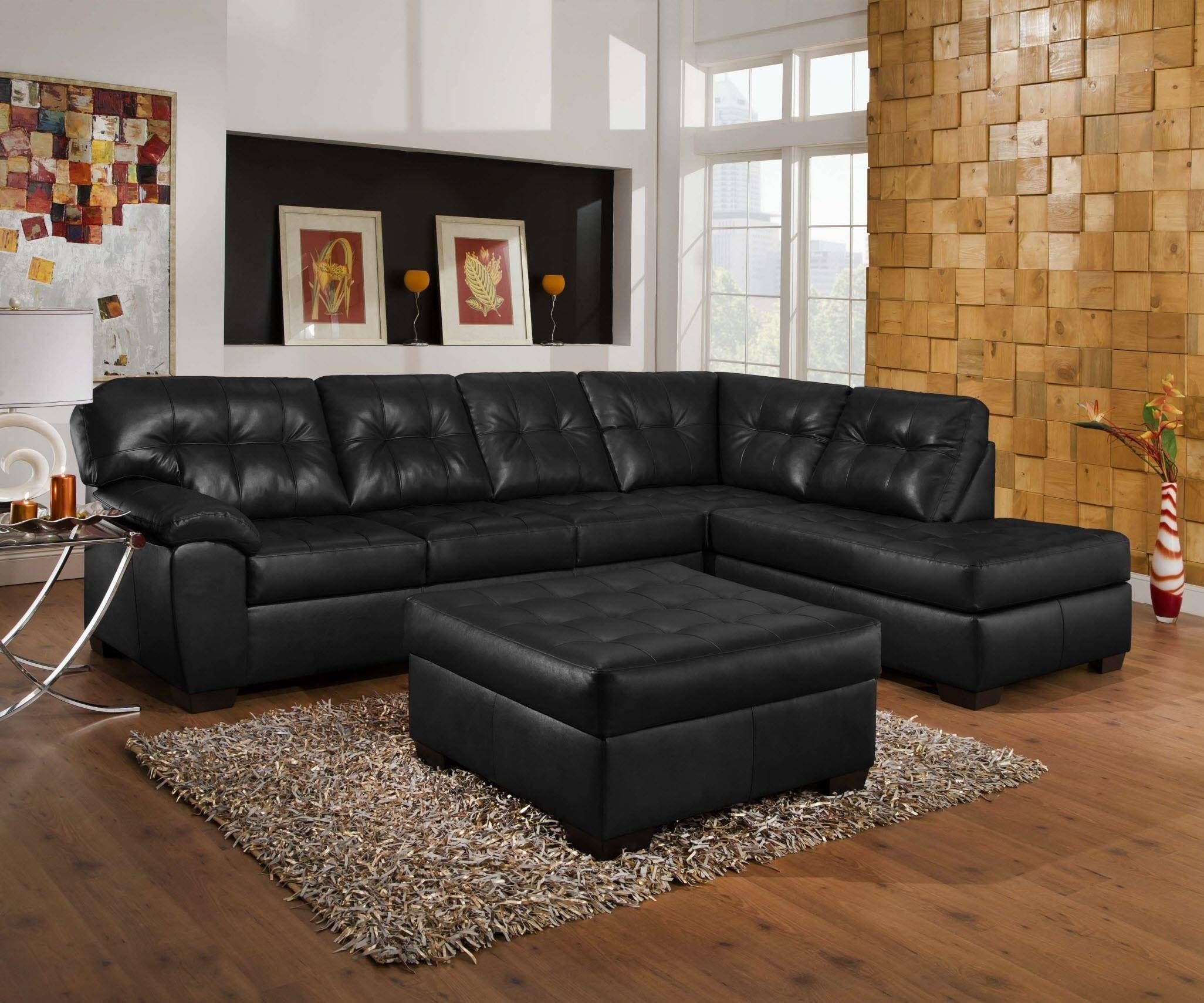Kitchen sink keeps filling up with water? Dealing with a clogged kitchen sink can be a frustrating and messy experience. From dirty dishes piling up to standing water that won't drain, a clogged sink can disrupt your daily routine. But fear not, with a few simple steps, you can unclog your kitchen sink and get back to your regular routine.Unclog a Kitchen Sink
If your kitchen sink is draining slowly, it could be a sign of a clog. To fix this issue, start by removing any visible debris from the drain. Use a pair of gloves and a small tool, such as a wire hanger, to pull out any hair, food scraps, or other debris that may be blocking the drain. If the sink is still draining slowly, try using a plunger to clear the clog.How to Fix a Slow Draining Kitchen Sink
There are several reasons why your kitchen sink may be clogged. One of the most common causes is putting food scraps down the drain. Even small particles of food can build up and cause a clog over time. Other common causes include grease buildup, soap scum, and foreign objects accidentally falling into the drain.Common Causes of a Clogged Kitchen Sink
Prevention is key when it comes to avoiding a clogged kitchen sink. To prevent clogs, avoid putting food scraps down the drain and use a strainer to catch any leftover food. Also, avoid pouring grease down the drain as it can solidify and cause buildup. Regularly cleaning and maintaining your sink can also help prevent clogs.How to Prevent Your Kitchen Sink from Clogging
If your kitchen sink is clogged, there are a few DIY solutions you can try before calling a professional. One option is using a mixture of baking soda and vinegar to break up and dissolve the clog. Another method is using a plunger to create suction and unclog the drain. You can also try using a plumbing snake to physically remove the clog.DIY Solutions for a Clogged Kitchen Sink
If your kitchen sink keeps filling up with water, there may be a deeper issue at hand. A common reason for this is a blocked drain pipe. This can be caused by debris buildup, tree roots, or other obstructions in the pipes. Another possible issue is a faulty or clogged drainage system, which may require professional assistance to fix.Why Your Kitchen Sink Keeps Filling Up with Water
Using a plunger is a simple and effective way to unclog your kitchen sink. Start by filling the sink with a few inches of water to cover the plunger's rubber cup. Then, place the plunger over the drain and push down and up repeatedly to create suction. This should help to dislodge and remove the clog.How to Use a Plunger on a Kitchen Sink
If the clog persists after trying DIY solutions, it may be time to call a professional plumber. They have the tools and expertise to properly diagnose and fix the issue. Additionally, if you suspect a problem with your drainage system, it's best to seek professional help to avoid further damage.When to Call a Professional for a Clogged Kitchen Sink
To prevent future clogs, it's essential to clean and maintain your kitchen sink regularly. This includes wiping down the sink and faucet after each use and using a mild cleaner to remove any buildup. You can also pour boiling water down the drain once a week to help keep it clear.How to Clean and Maintain Your Kitchen Sink to Prevent Clogs
If your kitchen sink keeps filling up with water, there may be an issue with your drainage system. This can be caused by a variety of factors, such as a clogged or broken pipe, a faulty drain plug, or a damaged sewer line. It's best to consult a professional plumber to properly diagnose and fix any issues with your drainage system.Possible Issues with Your Kitchen Sink's Drainage System
Why Your Kitchen Sink Keeps Filling Up with Water

The Importance of Proper Sink Design
 When it comes to designing a house, the kitchen is often considered the heart of the home. Not only is it a place for preparing meals, but it is also a gathering place for family and friends. As such, homeowners put a lot of thought into the design and functionality of their kitchen. However, one design element that is often overlooked is the sink. A properly designed sink can make all the difference in keeping your kitchen running smoothly, while a poorly designed sink can lead to frustrating and costly issues, such as a constantly filling up with water.
When it comes to designing a house, the kitchen is often considered the heart of the home. Not only is it a place for preparing meals, but it is also a gathering place for family and friends. As such, homeowners put a lot of thought into the design and functionality of their kitchen. However, one design element that is often overlooked is the sink. A properly designed sink can make all the difference in keeping your kitchen running smoothly, while a poorly designed sink can lead to frustrating and costly issues, such as a constantly filling up with water.
The Role of Drainage in Sink Design
 The main culprit behind a kitchen sink that keeps filling up with water is often the lack of proper drainage. A sink that is not designed with adequate drainage will not be able to efficiently handle the flow of water, leading to standing water and clogs. This can be caused by a few different factors, such as a flat or improperly sloped bottom of the sink, a drain that is too small or poorly positioned, or a lack of ventilation.
Properly sloping the bottom of the sink
is crucial in allowing water to flow towards the drain. If the bottom of the sink is flat, water will pool and not be able to drain properly. This can also lead to food debris and other particles getting stuck in the sink, causing clogs and further hindering drainage.
The size and position of the drain
are also important factors in sink design. A drain that is too small will not be able to handle the amount of water and debris that flows through it, resulting in clogs and backups. Additionally, the drain should be positioned in the center of the sink for optimal drainage. If it is off to one side, water may not be able to flow towards it efficiently, causing standing water.
The main culprit behind a kitchen sink that keeps filling up with water is often the lack of proper drainage. A sink that is not designed with adequate drainage will not be able to efficiently handle the flow of water, leading to standing water and clogs. This can be caused by a few different factors, such as a flat or improperly sloped bottom of the sink, a drain that is too small or poorly positioned, or a lack of ventilation.
Properly sloping the bottom of the sink
is crucial in allowing water to flow towards the drain. If the bottom of the sink is flat, water will pool and not be able to drain properly. This can also lead to food debris and other particles getting stuck in the sink, causing clogs and further hindering drainage.
The size and position of the drain
are also important factors in sink design. A drain that is too small will not be able to handle the amount of water and debris that flows through it, resulting in clogs and backups. Additionally, the drain should be positioned in the center of the sink for optimal drainage. If it is off to one side, water may not be able to flow towards it efficiently, causing standing water.
The Need for Proper Ventilation
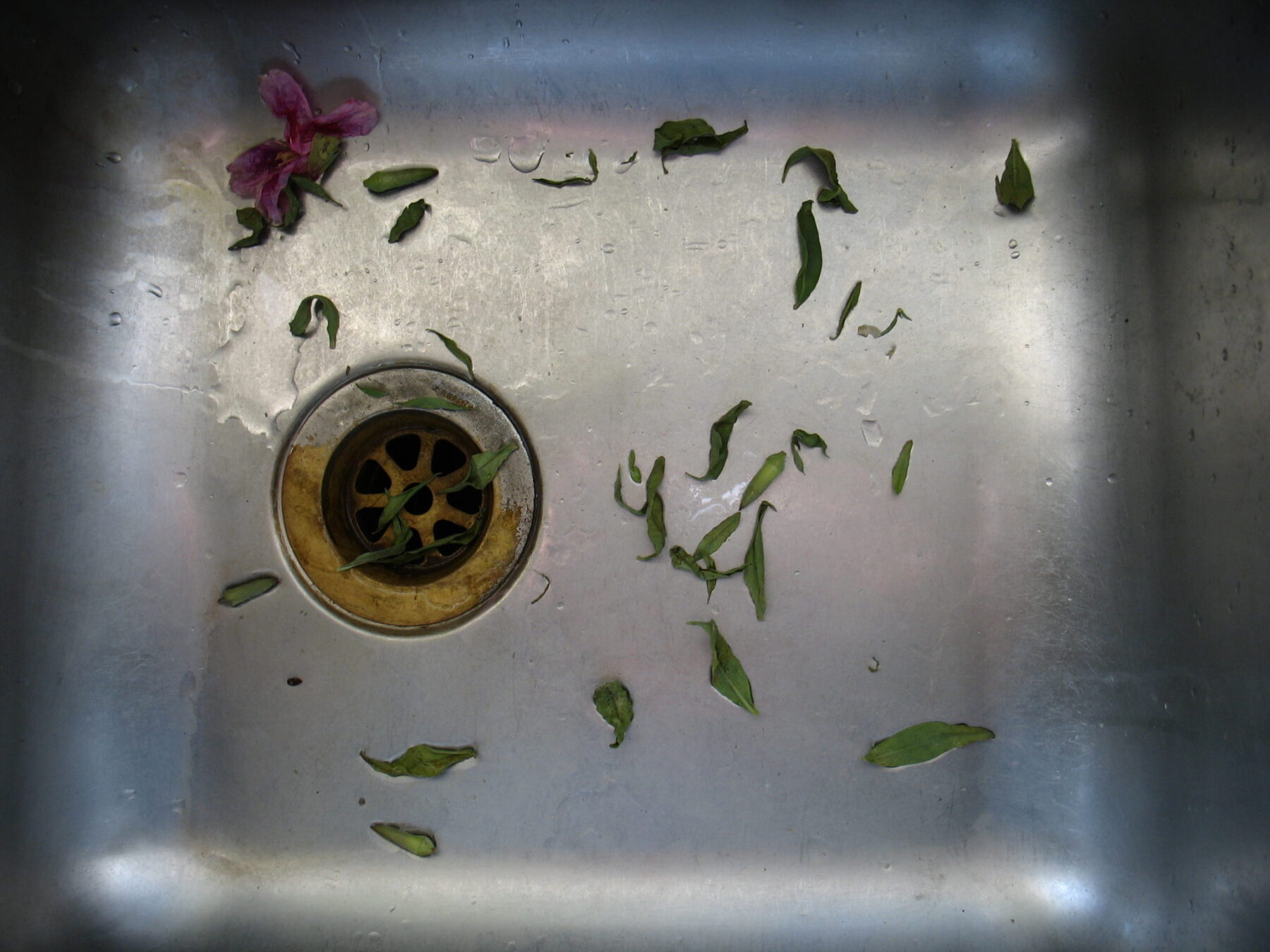 Another crucial element in sink design is proper ventilation. This allows air to flow through the pipes and helps water to drain more easily. Without proper ventilation, water can get trapped in the pipes, leading to backups and clogs. To ensure proper ventilation, a
vent pipe
should be installed under the sink, which allows air to escape while water is draining.
Another crucial element in sink design is proper ventilation. This allows air to flow through the pipes and helps water to drain more easily. Without proper ventilation, water can get trapped in the pipes, leading to backups and clogs. To ensure proper ventilation, a
vent pipe
should be installed under the sink, which allows air to escape while water is draining.
Investing in a Professional Sink Design
 If your kitchen sink keeps filling up with water, it may be time to consider investing in a professional sink design. A professional designer can help ensure that your sink is properly sloped, has a well-sized and positioned drain, and is equipped with proper ventilation. This will not only prevent issues with standing water and clogs, but it will also make your kitchen more functional and enjoyable to use.
In conclusion, proper sink design is crucial in preventing issues such as a kitchen sink that keeps filling up with water. Investing in a professional sink design will not only save you from frustrating and costly problems, but it will also enhance the overall functionality and aesthetic of your kitchen. So, if you are experiencing issues with your sink, it may be time to consider a redesign and enjoy a more efficient and functional kitchen.
If your kitchen sink keeps filling up with water, it may be time to consider investing in a professional sink design. A professional designer can help ensure that your sink is properly sloped, has a well-sized and positioned drain, and is equipped with proper ventilation. This will not only prevent issues with standing water and clogs, but it will also make your kitchen more functional and enjoyable to use.
In conclusion, proper sink design is crucial in preventing issues such as a kitchen sink that keeps filling up with water. Investing in a professional sink design will not only save you from frustrating and costly problems, but it will also enhance the overall functionality and aesthetic of your kitchen. So, if you are experiencing issues with your sink, it may be time to consider a redesign and enjoy a more efficient and functional kitchen.
/plumber-unclogging-kitchen-sink-169270382-5797a9355f9b58461f27f024.jpg)






/how-to-unclog-a-kitchen-sink-2718799_sketch_FINAL-8c5caa805a69493ab22dfb537c72a1b7.png)














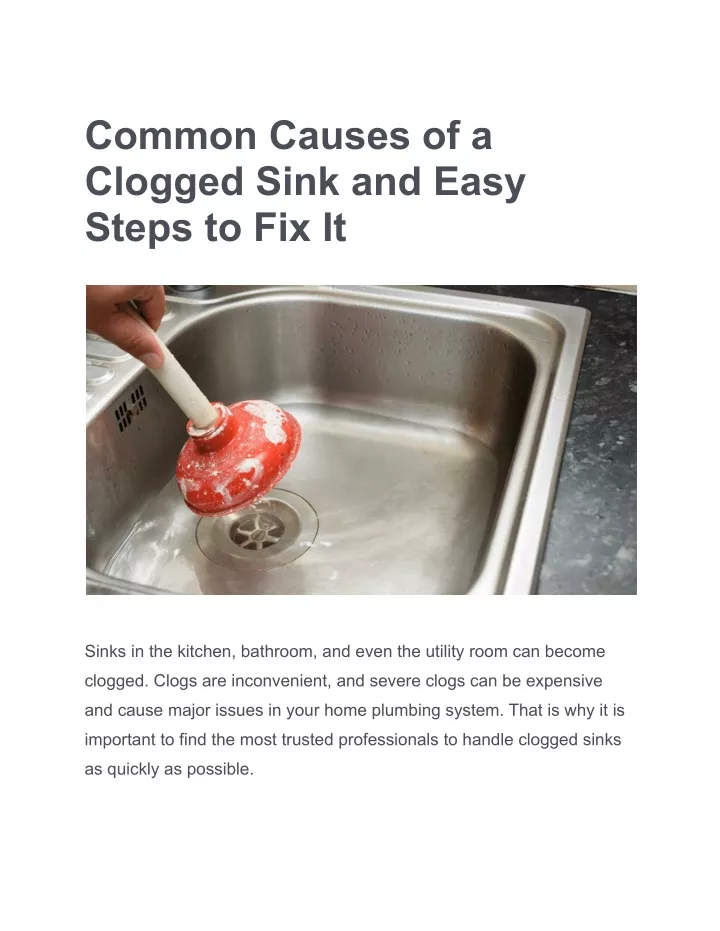



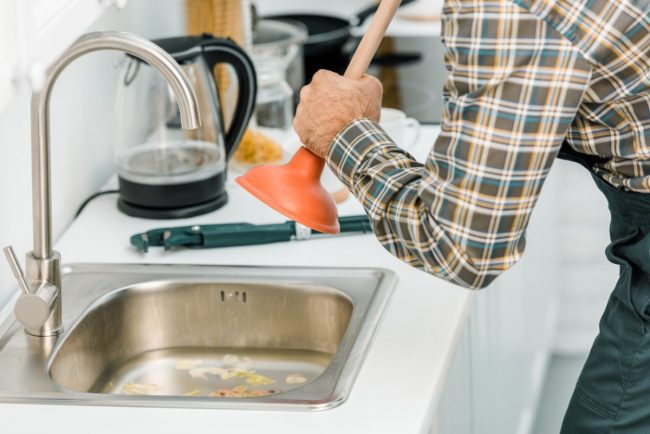
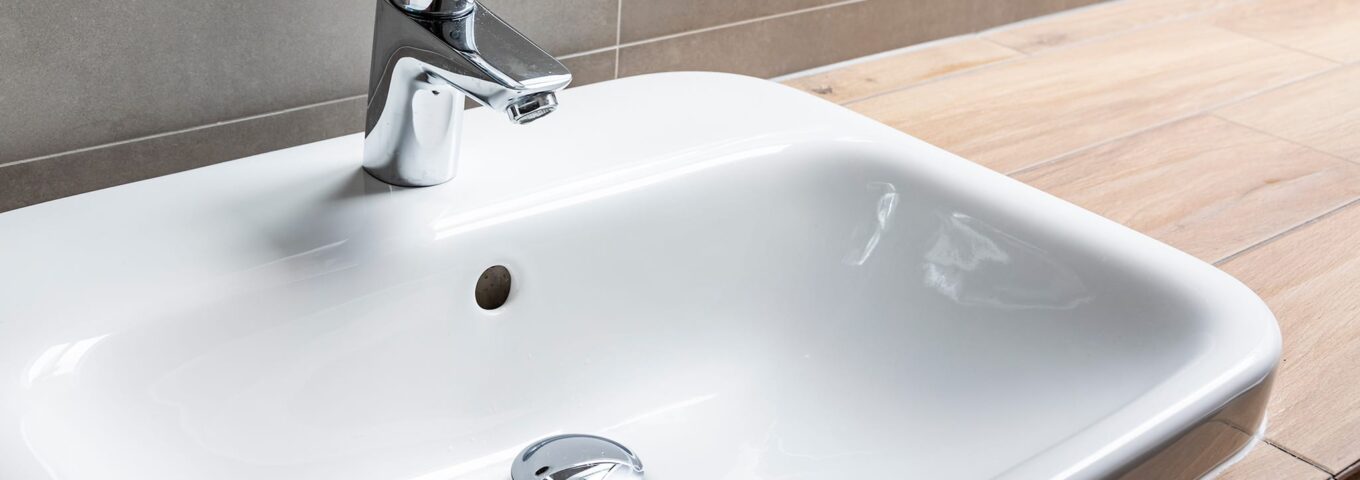

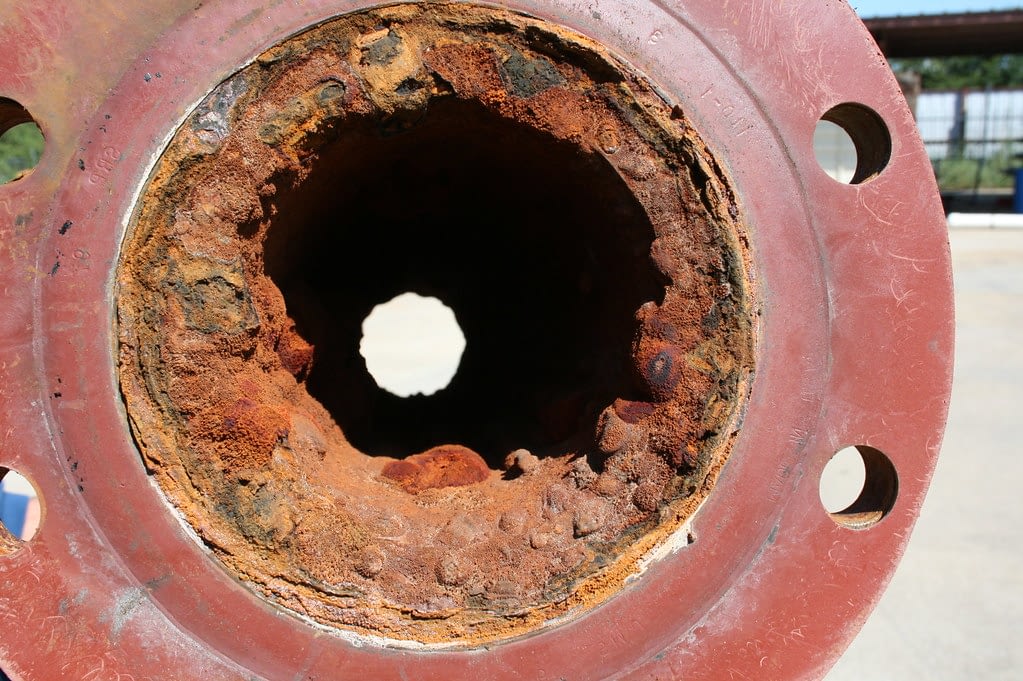




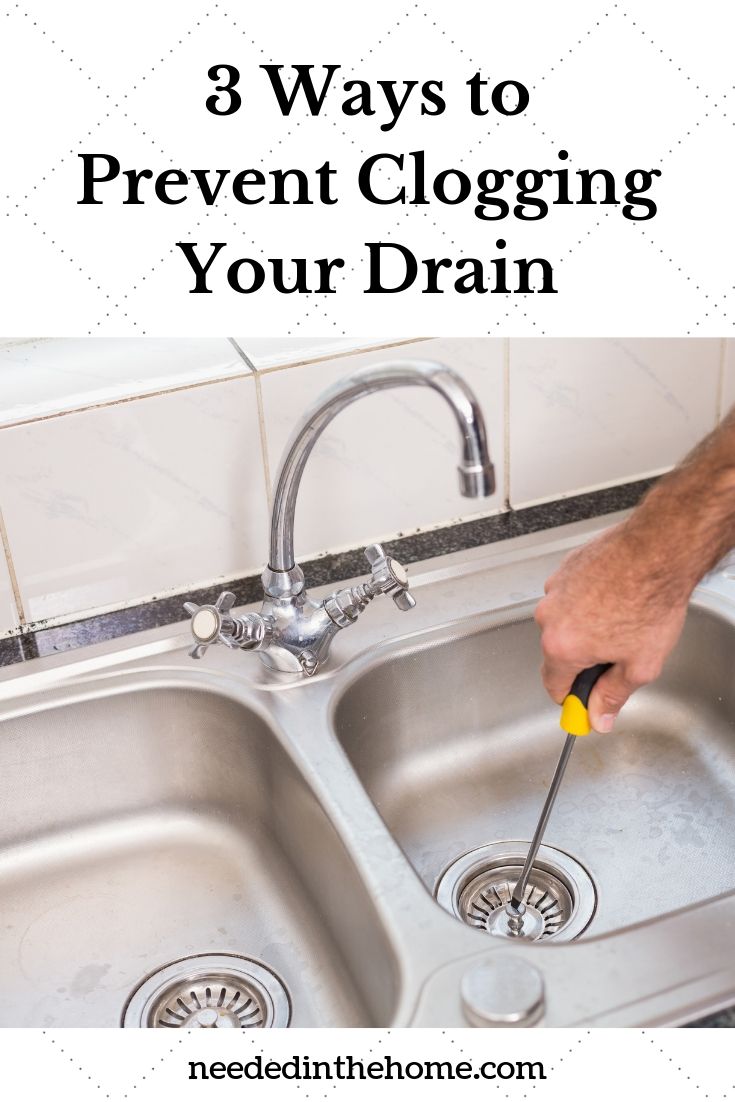



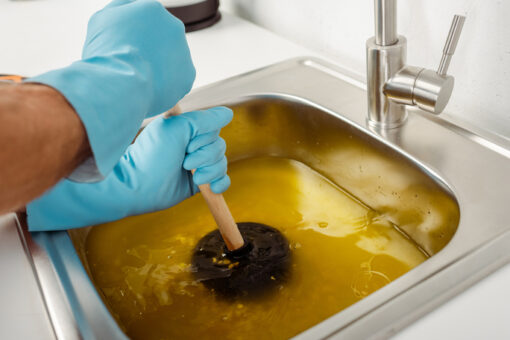


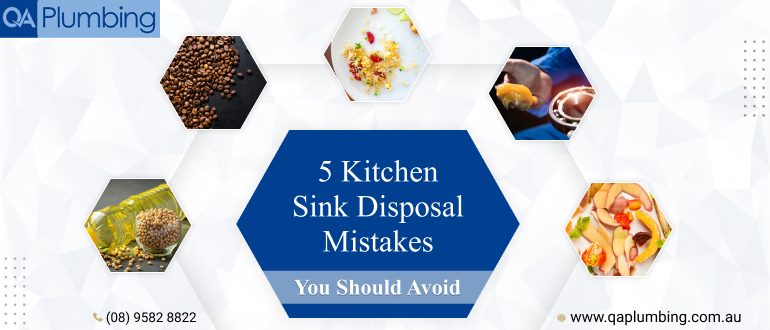


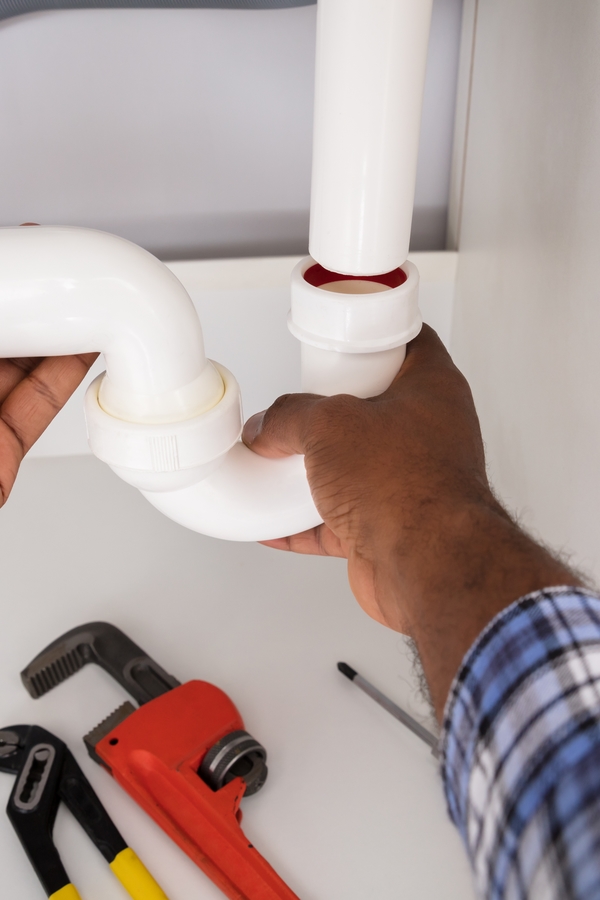
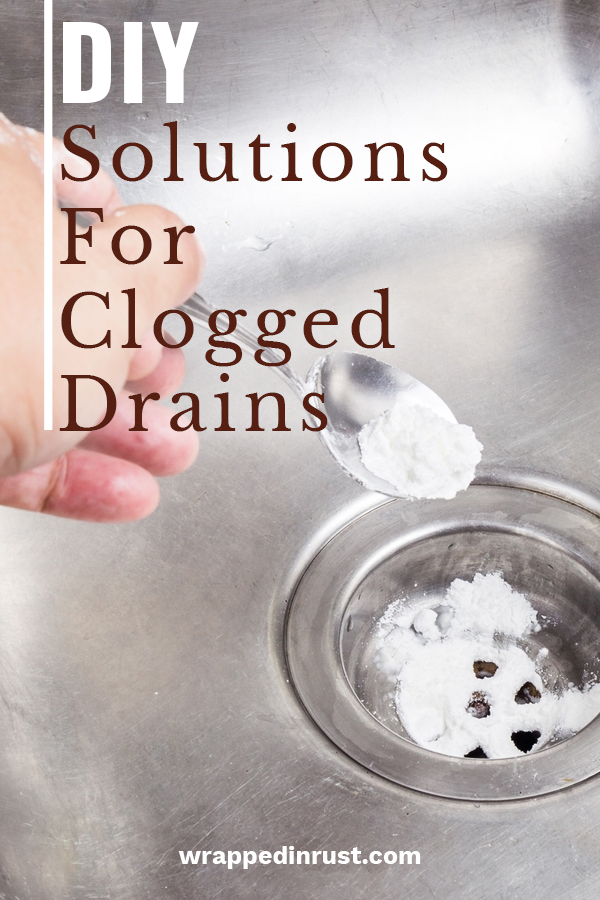


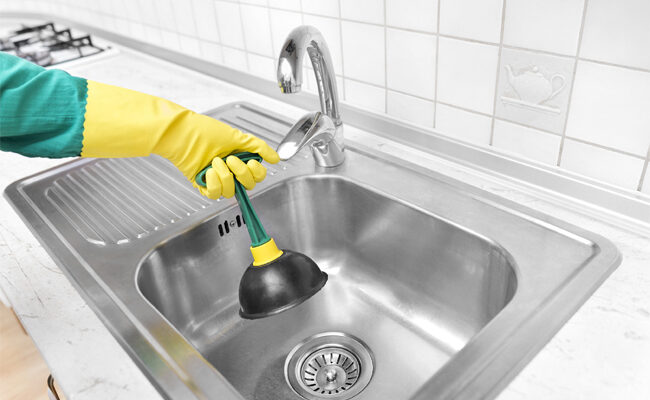








:max_bytes(150000):strip_icc()/water-overflowing-in-kitchen-sink-200553937-001-5797e6335f9b58461f5a6736.jpg)











